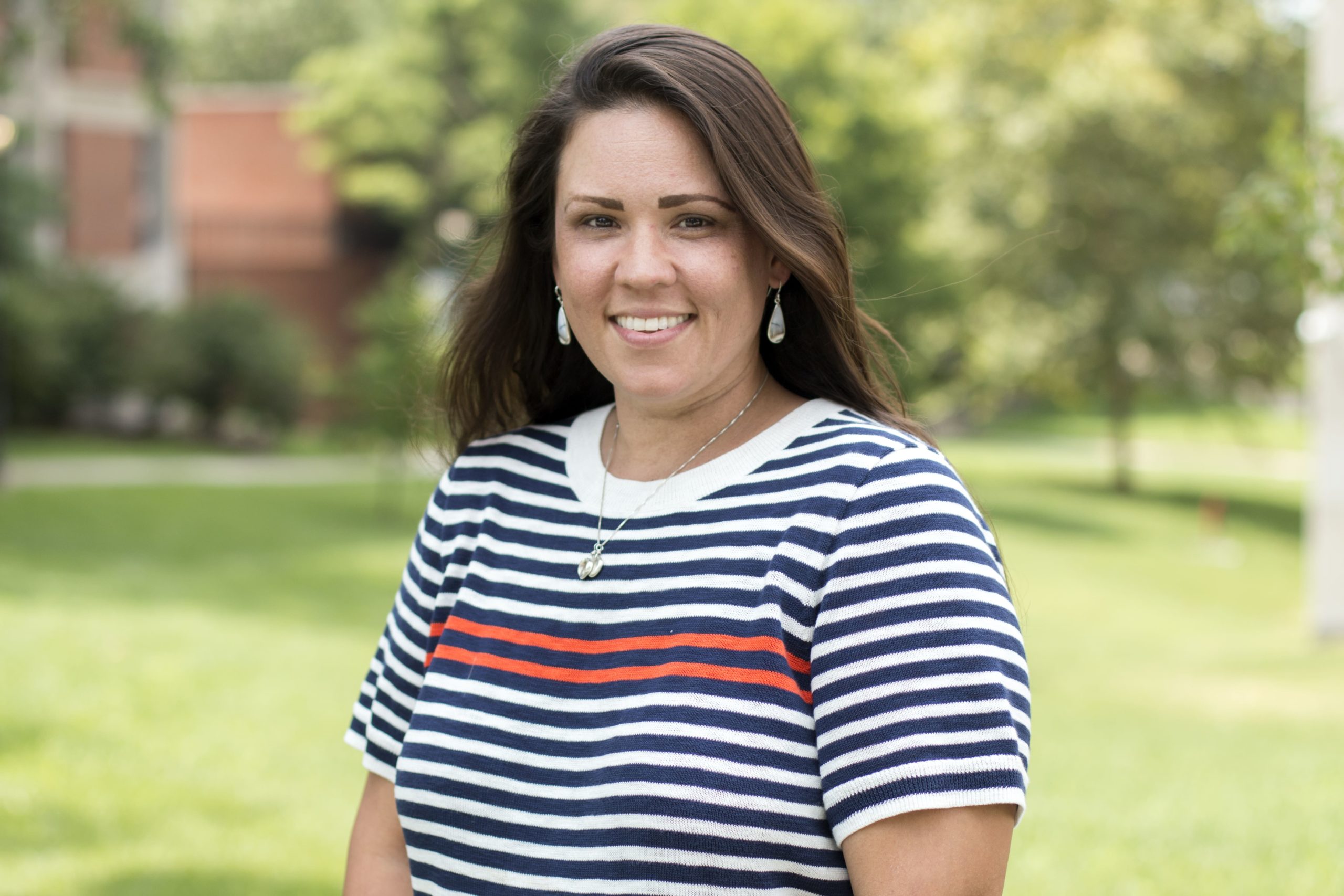Tag: Universal design
-
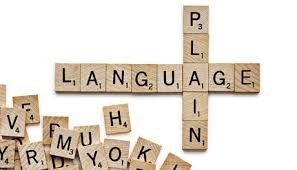
HDI Collaborates with UC Davis MIND Institute
Even dense and difficult information can be written so that everyone can read it. That’s why the MIND Institute at UC Davis reached out to HDI, to teach them more about […]
-
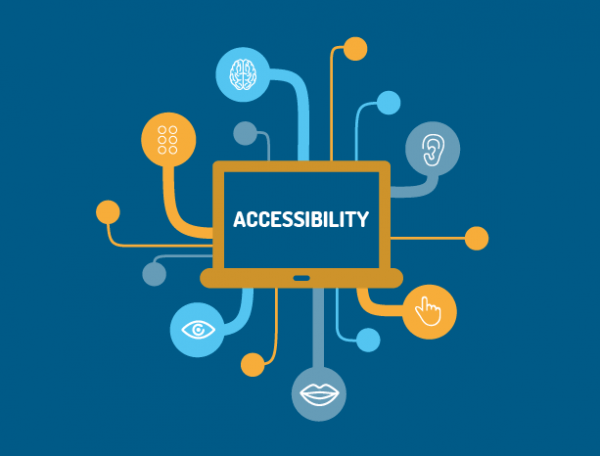
Increase Accessibility with Plain Language
Opportunities to make life more inclusive are everywhere – even something as simple as the language we use can have huge implications for accessibility. One of the most powerful tools […]
-

New HDI project to use Universal Design to create inclusive student environments
Over the past several years, the mental health of students has declined. According to the CDC, the pandemic saw mental health concerns reach a crisis level. Suicide is the second-leading […]
-
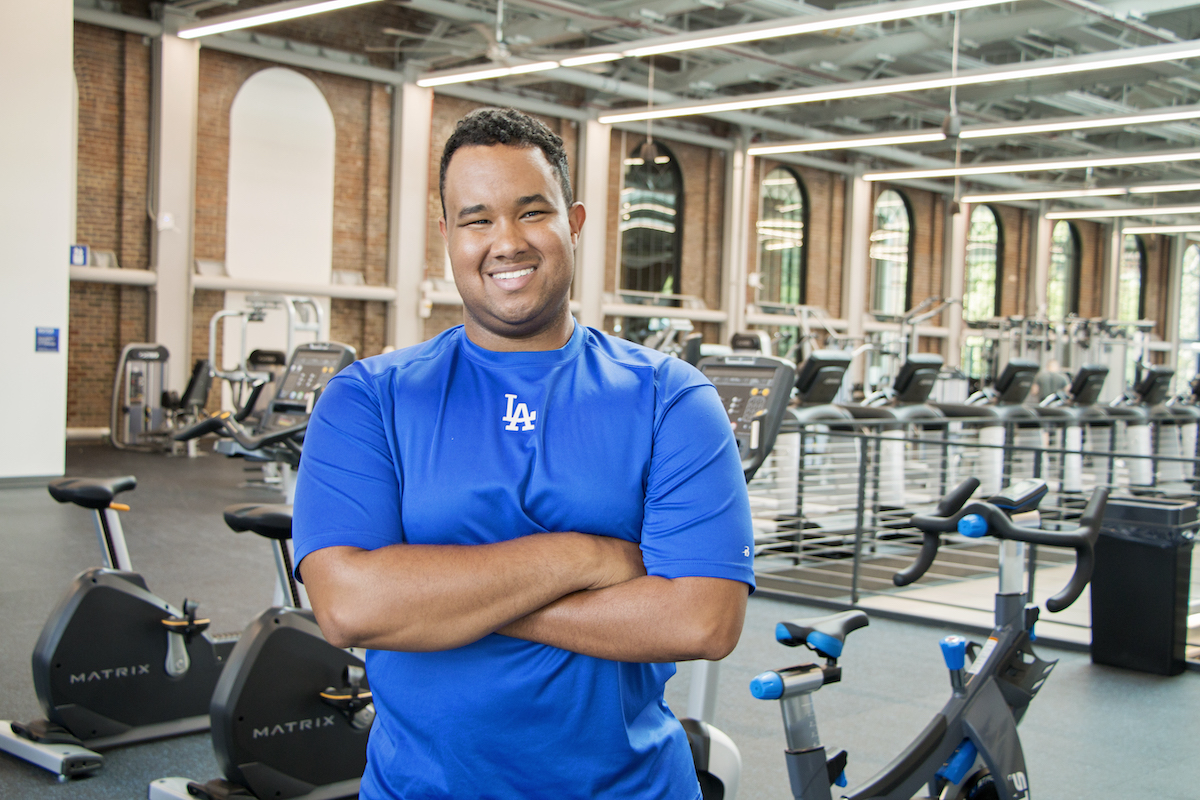
KYLEND Trainee Spotlight: Morgan Turner
Morgan Turner works as a Program Education Assistant at the University of Kentucky Human Development Institute. He is a self-advocate with both cognitive and physical disabilities with experience in leadership […]
-
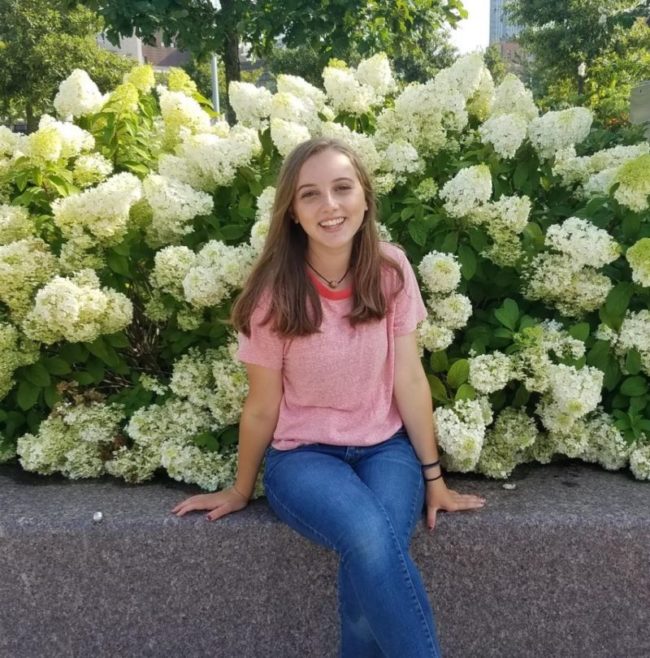
Undergraduate Certificate in Universal Design Student Spotlight: Victoria Cabral
By: Amanda Corbin Victoria Cabral is a busy junior with a double major in Spanish and Computer Science who also started coursework in the Undergraduate Certificate in Universal Design (UD) […]
-
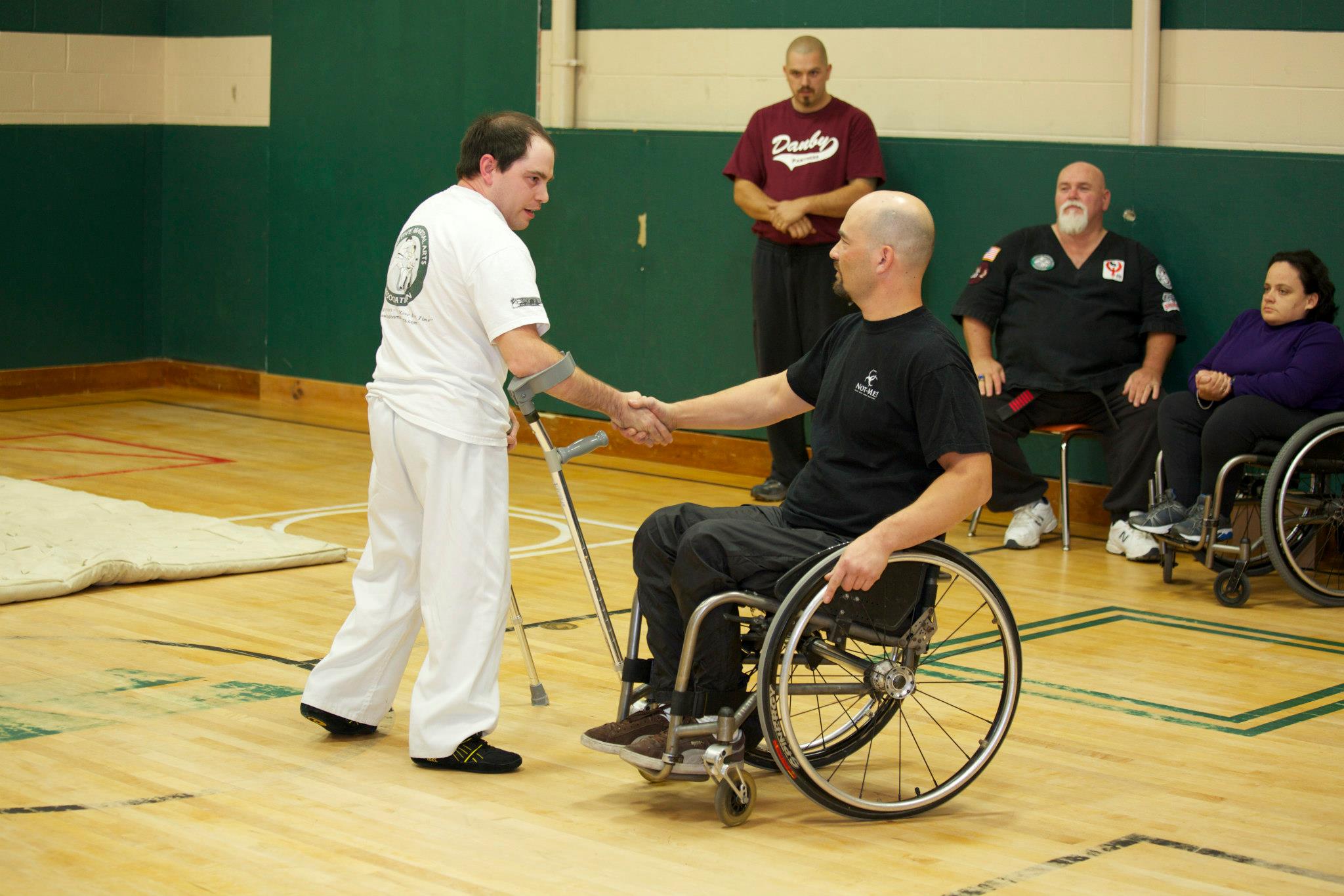
HDI to partner with the Adaptive Martial Arts Association
The Kentucky Inclusive Health Collaborative at the UK Human Development Institute is excited to partner with the Adaptive Martial Arts Association (AMAA) to develop training modules for a web-based certificate […]
-
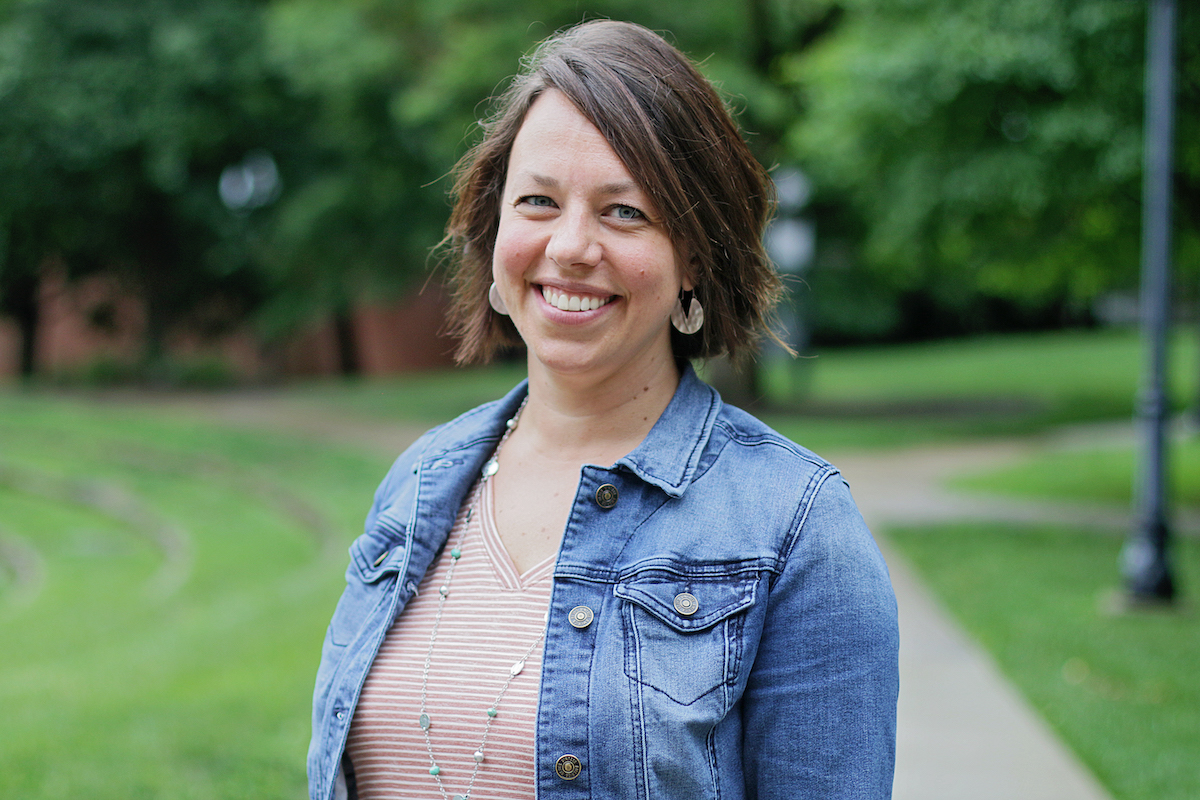
Promoting COVID-19 Vaccine Access and Confidence
Over the next year, the UK Human Development Institute will work with the Association of University Centers on Disabilities (AUCD) and several partners as part of a CDC Cooperative Agreement, […]

